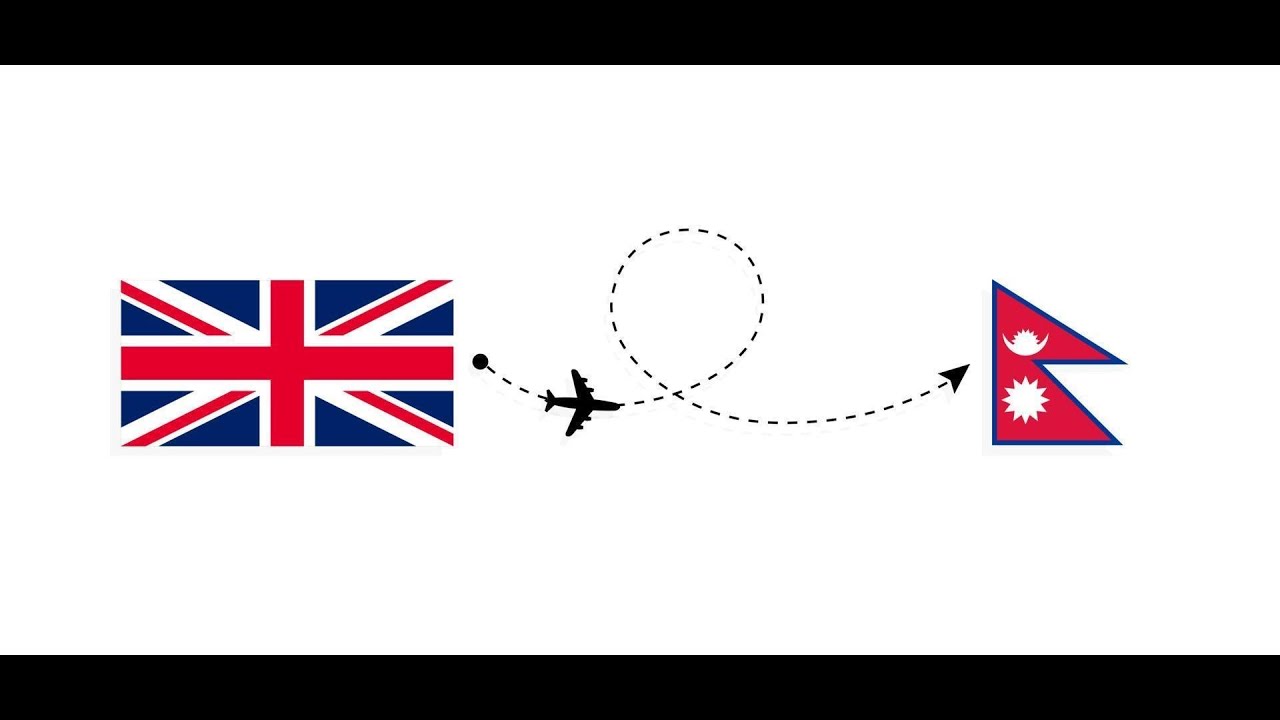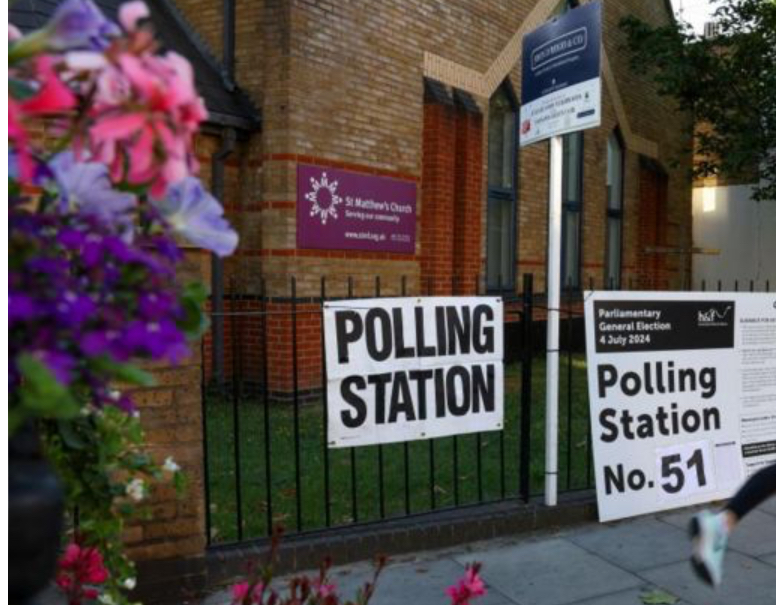Nepal Government Passes Action Plan for Sending Nepalese Nurses to the UK

Jagan Karki, Kathmandu – The Nepalese government has taken a significant step towards implementing the bilateral labor agreement between Nepal and the United Kingdom by passing an action plan, also known as the Implementation Protocol. In a cabinet meeting held on 5 June, the protocol was approved, paving the way for the legal procedures required to send Nepalese health workers, specifically nurses, to the UK.
The labor agreement, signed on August 2022, aims to facilitate the employment of Nepali nurses in the UK. Under the new protocol, interested individuals will be required to submit online applications for recruitment. However, certain qualifications must be met to be eligible for the application process.
According to Rajiv Pokharel, joint secretary of the Ministry of Labour, Employment and Social Security, applicants must achieve a minimum score of 7 points in the International English Language Testing System (IELTS). In addition, candidates must have completed a minimum of three years of nursing education, holding either a PCL Nursing or BN equivalent qualification. Furthermore, a minimum of two years of working experience is mandatory.
After the applications from eligible candidates are received, a shortlisting process will be conducted to select the nurses who will be allowed to go to the UK in the first phase. Rajiv Pokharel stated, “Applications for the first phase will be requested within the month of July. A total of 100 nurses will be granted the opportunity to work in the UK during this initial phase.”
The inclusion of an ‘Implementation Protocol’ in the labor agreement signifies a clear provision for the placement of Nepalese nurses in the UK as a trial phase. Nurses who meet the criteria specified in the protocol will have the opportunity for employment in the UK.
The selection and placement of health workers will follow government-to-government procedures, with the direct involvement of Nepal’s Foreign Employment Department and the UK’s Department of Health and Social Care, or designated bodies. The agreement emphasizes the need for Nepali health workers to be employed in the British Health Service (NHS) in a safe, dignified, and orderly manner.
Given Nepal’s inclusion in the World Health Organization’s ‘Health Worker Support and Safeguard List 2000’, both governments will jointly decide on the number and types of health workers to be sent.
The agreement also ensures that no fees will be charged during the appointment process, and the expenses of selected health workers will be covered. At the conclusion of the trial phase, a comprehensive evaluation of the health worker appointment process will take place, leading to decisions regarding additional appointments and extensions.
Initially, Nepalese nurses in the UK will work as assistants but will have the opportunity to register with the Nursing Council there and progress to work as fully qualified nurses, according to a government official.
Nepal previously signed an agreement with Israel to send nurses as caregivers, and now the UK will join the list of countries accepting Nepalese health workers.
According to the Nepal Nursing Council, approximately 74,000 nurses have obtained licenses to practice in Nepal. However, the exact number of active nurses and the number of foreign nurses in Nepal are not available. Nurses are required to seek approval from the Nursing Council before studying abroad but do not need permission for work purposes.
The Nepal Nursing Association estimates that there are around 45,000 active nursing professionals in the country. Of these, 18,000 work under the Nepalese government on either permanent or contractual bases, while around 17,000 are employed in private hospitals, and the rest work in the educational sector. It is believed that approximately 30,000 nurses in Nepal are currently unemployed, with around 29,000 having obtained permission to study abroad.
In light of this situation, the government’s decision to open up job opportunities for nurses in the UK has generated significant interest. The prospect of employment in the UK is considered highly attractive by many, particularly given the shortage of nursing manpower within Nepal’s health institutions, where the government has not been able to meet the demand for more than 50,000 nurses.
The successful implementation of the labor agreement between Nepal and the UK, as outlined in the recently passed action plan, is expected to provide new avenues of employment for Nepalese nurses and address the ongoing issue of unemployment within the nursing profession in Nepal.

















Facebook Comments